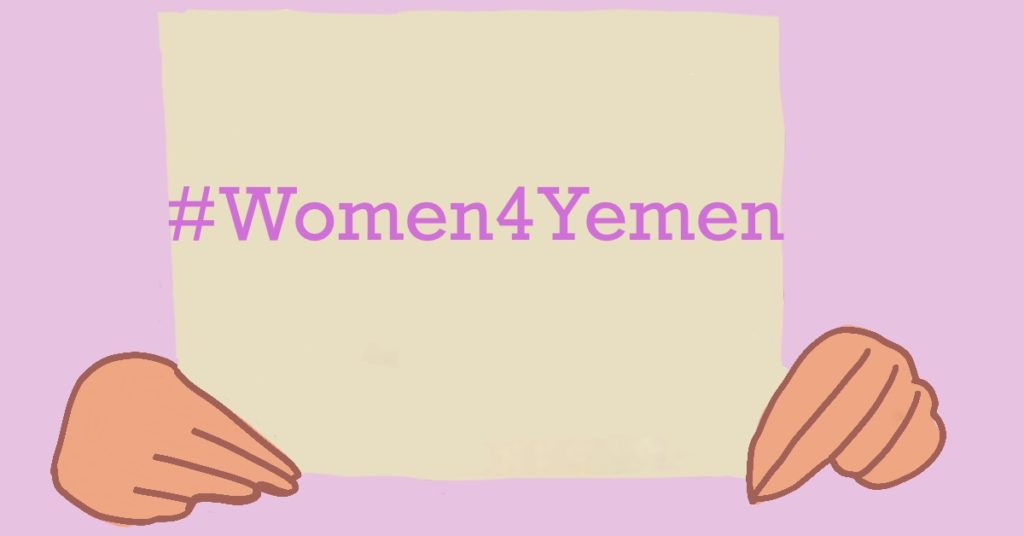
Imagine this: You wake up one morning in the worst country for gender equality in the world. That’s a lot to take in. Well, it doesn’t get much better from that statement alone. You get up to leave the house for your usual morning run, but your father says you can’t. You realize that this is a patriarchal society where women’s rights are almost non-existent. And since your father is the leader of your house, you must listen to him. Your father says that you must have an arranged marriage to someone who you know nothing about. You try to fight back, but you risk having your head shaved, being physically and mentally abused, or becoming an outcast from your own home. This is just a fraction of the pain and suffering Yemeni women go through every day, and they need our help.
For 13 consecutive years, Yemen has been ranked last in the global gap index. This is because of the deeply entrenched gender inequality and stiff gender roles. Here are some of the gender norms that are currently practiced in Yemen. As I mentioned above, the men are considered leaders or protectors of the women and their families. Without a male present, women are more subject to violence. I also mentioned head-shaving, which is their way of exercising their power above the women by threatening them with this punishment. If a woman’s head is shaved, then she is likely to be exiled from her home, shamed, and unable to marry because she is considered “unappealing.”
Another issue is that many men from the women’s family disappear suddenly, as they are sent to detention centers or detained and are never heard or seen from again. These women suffer physiologically because, without their brothers or husbands, the women have to provide for their families and continue to wonder if their family members will ever return. This is even harder considering the gender roles for women. Now that they must become the primary caregivers, they are more susceptible to violence.
And adding to this all, Yemen is going through one of the worst humanitarian crisis ever seen. The war has left Yemen in economic distress, damaged infrastructure, and collapsed services. They are also struggling with providing for their basic needs such as food, water, healthcare, sanitation, and more.
Despite all of this, Yemeni women continue to fight for their rights and make sure their voices are heard. Women have been actively campaigning and advocating for their family members to be released from detention centers. An initiative backed by the United Nations called the Yemeni Women’s Pact for Peace and Security consists of a board of 60 Yemeni Women. This Pact acts as a platform where these women can become leaders and become more included in negotiations. The initiative is meant to make a substantial improvement to Yemeni women’s rights, but that does not mean it does not come with its shortcomings. Many women who speak out are violently repressed from saying anything and are at a higher risk for violence. If the UN wants to make a real impact on Yemeni women’s rights, they need to make sure that these women don’t have to censor what they say and that they will remain unharmed if they speak out. These women are also underrepresented in peace talks, which needs to change.
One movement that has started to give more Yemeni women a platform is The Yemeni Feminist Movement. This is the first online platform where Yemeni women can share their experiences and stories. The platform also raises awareness of feminism and discriminatory laws/practices against women in Yemen. It was founded in 2013 by Alaa-Al-Eryani as a small blog but eventually grew to amass members helping from all over the world and helping to highlight and share these women’s stories. One truly eye-opening story I read through this blog was titled, “From Chid Bride to Award-Winning activist. I highly recommend checking out this story as it shows a lot about the treatment of women in Yemen.